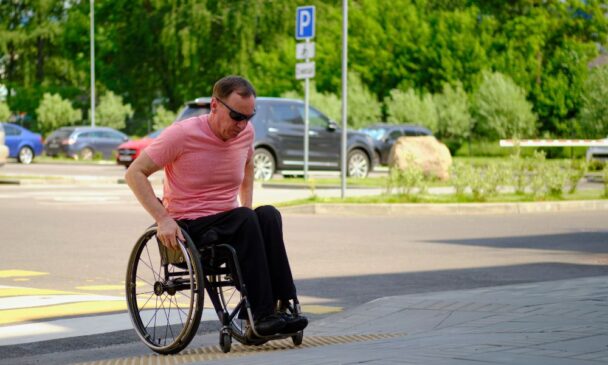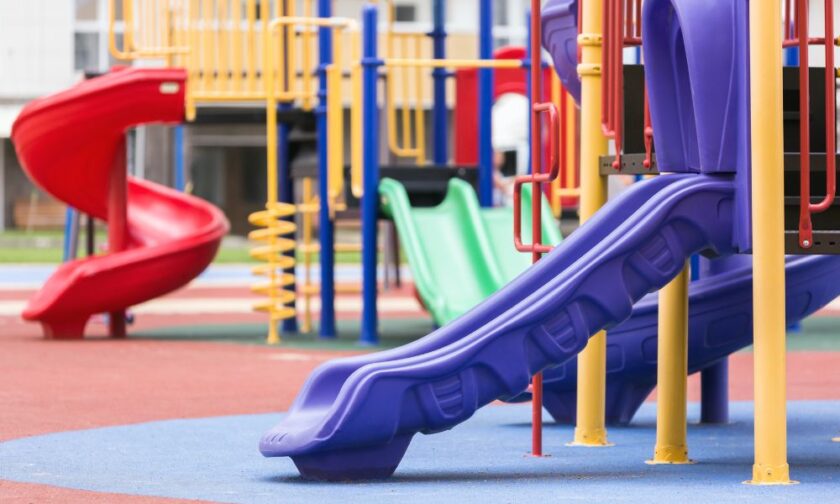
When you have a child with a disability, you’ve been there when the world has been unwelcoming and even cruel. Learning ways to be an advocate for persons with disabilities can support your child and teach them how to advocate for themselves.
Stay Informed
Attend local government meetings. You can point out where proposed actions or policies may negatively affect or simply ignore the rights and needs of people with a disability.
Speaking up at a public meeting can be a little scary. Don’t worry about what others will think. There will always be the sourpuss who discounts what you have to say because they think you’re “only trying to get special treatment for your kid.”
Think about advocacy in terms of making life better for all kids. They’re growing up in a more inclusive world. Typical kids need to learn how to interact with and respect kids with differences. No one can fault a parent for trying to help with that!
Showcase Different Abilities
People with disabilities have many talents. Don’t let your child’s different abilities go undiscovered. Approach the local art fair committee about including work from disabled artists. Encourage non-traditional casting in your local theater company.
Help your disabled teen attend a poetry slam to read their work or participate in a comedy open mic night. Support your child’s desire to help others by being assertive about accommodations for local volunteer opportunities. Making people with disabilities visible as contributing members of your community can make a big difference in their quality of life and build supportive social connections.
Document Difficulties and Push for Accessibility
Accessibility issues may pop up all around your community. Sidewalks that lack curb cuts for wheelchairs or theaters that don’t have assistive devices for the hearing impaired are just two examples. Be prepared to (politely) point out where restaurants, retail stores, and local festivals have fallen short with accommodations.
Autistic kids face sensory challenges everywhere they go. You can advocate for changes that improve the lives of autistic children. When your park district board discusses improving playground facilities, speak up for inclusive designs and sensory gym or playground equipment. Explain why these kinds of playgrounds are beneficial for all kids.
Support Self Advocacy
One trap many families fall into is doing things for their kids that they can do themselves. Make sure you aren’t constantly speaking for your disabled child. Instead, give your child or teen time to process information and formulate a response.
Model active listening (“I think what I heard you say is that you need a quieter place that doesn’t have such bright lights, is that right?”) so those who witness or overhear learn techniques for communicating respectfully with disabled people.
Share helpful articles on disability on your social media accounts and boost the voices of disabled persons by sharing their posts and stories.
When you become an advocate for persons with disabilities, you make your community a kinder, more inclusive place for everyone. Anyone with children learns that they’re all different in their own extraordinary way. Accepting those differences and working for a more accommodating community creates a better quality of life for all residents.




